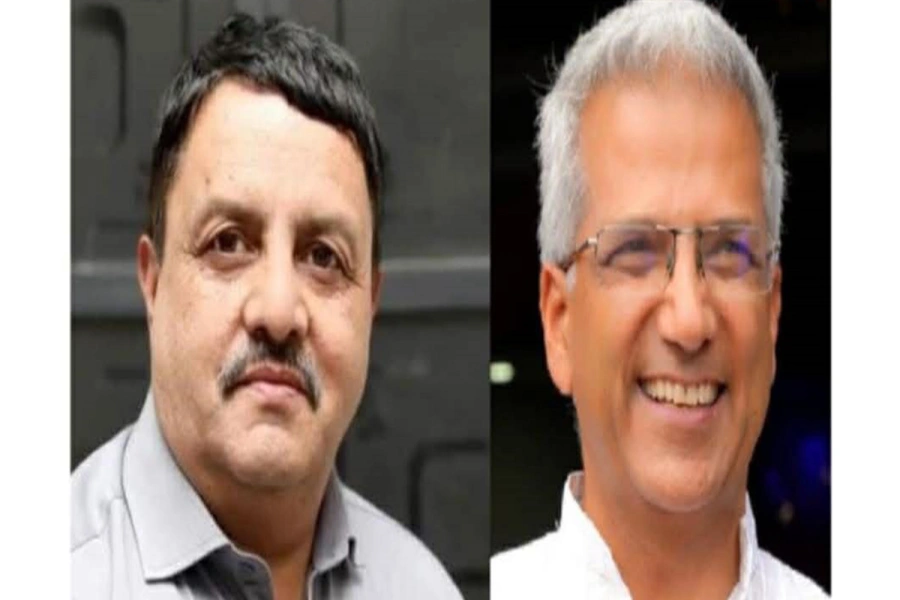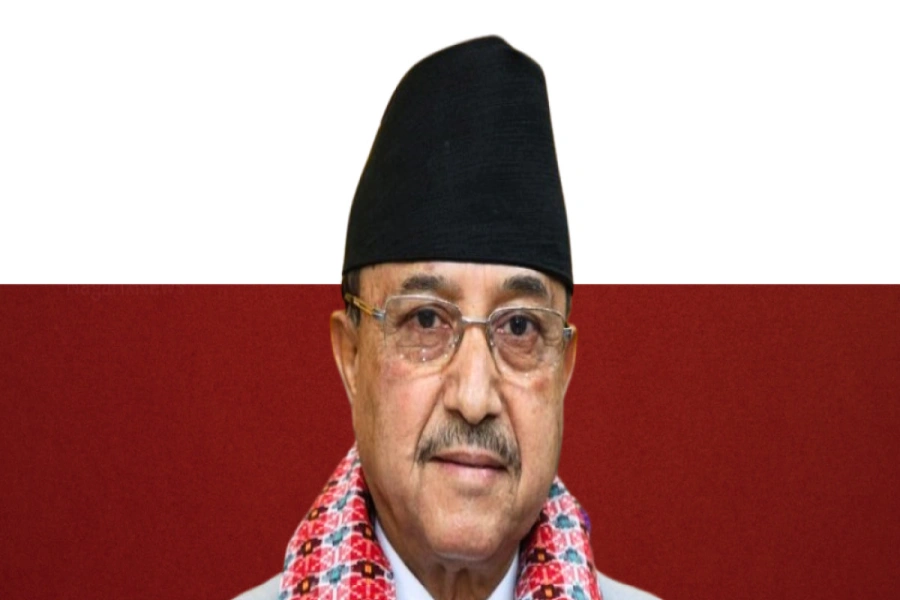Despite frequent occurrences of the unique series of political changes, the only gain that has hardly happened in Nepal for a long time is ‘expected economic development’. Often, leaders claim that the nation is about to experience exceptional and exemplary transformation. The promulgation of the new, federal and republic constitution from the constituent assembly had raised the hope accordingly. Albeit, the completion of the administrative restructuring of the nation and the second cycle elections in all 3 layers too seem not charting any sound outcome to the public. Politicians urge that the course has been successfully initiated and appears as a visible march, anon. However, realities procrastinate to persist in the same faith and fame. Still politicians - especially the ruling coalition leaders - are making much high sounding commitments to ensure the stability in politics then to ease for a whooping advancement in the country. On the basis of its very conception, the government and its members are sharing hugely ambitious agendas too. Many of these definitely vanished and evaporated. The same tendency has continued since long till today sans any visible result.
A couple of their assertions sound perfectly wacky and a flat lie too. But the slogan of prosperity often helped many political forces to have a thumping victory in elections although it proved to be complete senselessness, later. Now, politicians need to materialize the mission as they were canvassing the public to vote for them in election time. But mere inducting the political changes and mentioning freedom in the laws will never suffice any pragmatic progress in the status of the nation and the lives of the people. The grassroots concern lies on economic development, rather. People look for the situation which enables them to afford a better life, buy better health packages, pay fees for quality education of children, enhance the index of quality living and so on. Scholars discussing nation-building and bettering democracies, like Francis Fukuyama and James Dobbin, argue that economic dimension is one of the key attributes of democracy.
Economic dimension: A must
If an admissible and speedy economic progress is in gain, other pains will be automatically eradicated. Political stability can be largely expected only on the forth-drop of better financial condition irrespective of differences in political systems. Li-Quan Yu’s reign in Singapore and respect to Mahathir Bin Mohamed in Malaysia are inerasable epitomes. The repeated victories of Margaret Thatcher in Britain and Franklin D Roosevelt in the USA were on this very ground.
Govt's priorities questioned as its decisions court controversi...

Nonetheless, we are still lagging behind and crawling with a meager economy not because we are sans possibilities. Mere few business plans can totally transform the nation’s economy. A mobile company, Samsung, alone contributes a huge portion of the GDP in South Korea. Thailand had a four times weaker economy than ours in the decade of 1980s but it has become almost five times stronger than us now in terms of the currency exchange rate. Japan was in ruins after the Second World War. But it again rose rapidly. Middle East countries are gaining great world power and attention only because of crude oil’s sale. Nepal, too, can dominantly drag the international attention and economy provided she exercises in radically reviving and developing a new business model of 2Hs - hospitality and hydro.
2H: Our scope
Nepal is the 7th richest country in biodiversity. Thus large numbers of people from across the globe are always tempted to visit and experience the unparalleled natural abundance of this country. Nepal is highly hospitable in nature and rich in culture. But now a new avenue of tourism - Buddhist tourism - can be developed.
Our next door neighbor China is an economic shark, now. China is on its way to become the largest economy in the world.. In the periphery, too, other countries like Vietnam, Korea, Japan, Singapore, Taiwan, Thailand and many more are having exceptionally exponential economic growth and are being called as the tiger economies. Some researchers note China’s super growth as a dragon economy as well. On the ground of vast economic progress, those people have sufficient money and thus love to live a life of revelry with trek and tours. Buddhism is the dominant religion in most of these economic tigers.
China alone has almost 20 percent of the population of the world. And 65% of the 1.5 billion people in China believe in this or that clan of Buddhism. Other super growing economies, which are called Asian Tigers, are also mostly Buddhist. If Nepal could create an ambiance so that every Buddhist visited Lumbini, the birthplace of Lord Buddha, at least once in their lifetime, that would positively promote our economic strength to a large extent.
Besides the economic sufficiency of the Asian tigers, which are mostly Buddhist, the slackening economies of European and American nations are also another boon for our tourism industry. They are mostly looking for cheap tourist destinations, and Nepal is no doubt one such destination for them.
The latest civilization and recent developments of the world are largely based on petroleum. Some reports conclude that the advancement of the world in 150 years of petrol’s discovery is much greater than that of 1500 years in the past. Nonetheless, the most valuable energy, petrol- even called as black diamond-, is about to finish soon. Half of the stock is supposed to have been consumed so far. Once, the fuel goes over, the speedy progress of the world will stagnate and go into a standstill. That will force the world to look for alternative sources of energy. Hydropower is one such source. Nepal, having massive possibilities in hydropower generation, should cash in on energy prospects and begin producing energy taking the stark need of half a century later in mind. We can achieve by selling electricity what the Middle East has selling oil!
Conclusion
These two modalities may be sure shortcut ways for economic success of Nepal. Rambling from one to other ambitious business projects is not much feasible and neither necessary provided serious attention is paid to cash in on these prospects of sound business glamor. Soon the nation can rejoice in sound development on its own. Then worldwide respect can be expected.





































